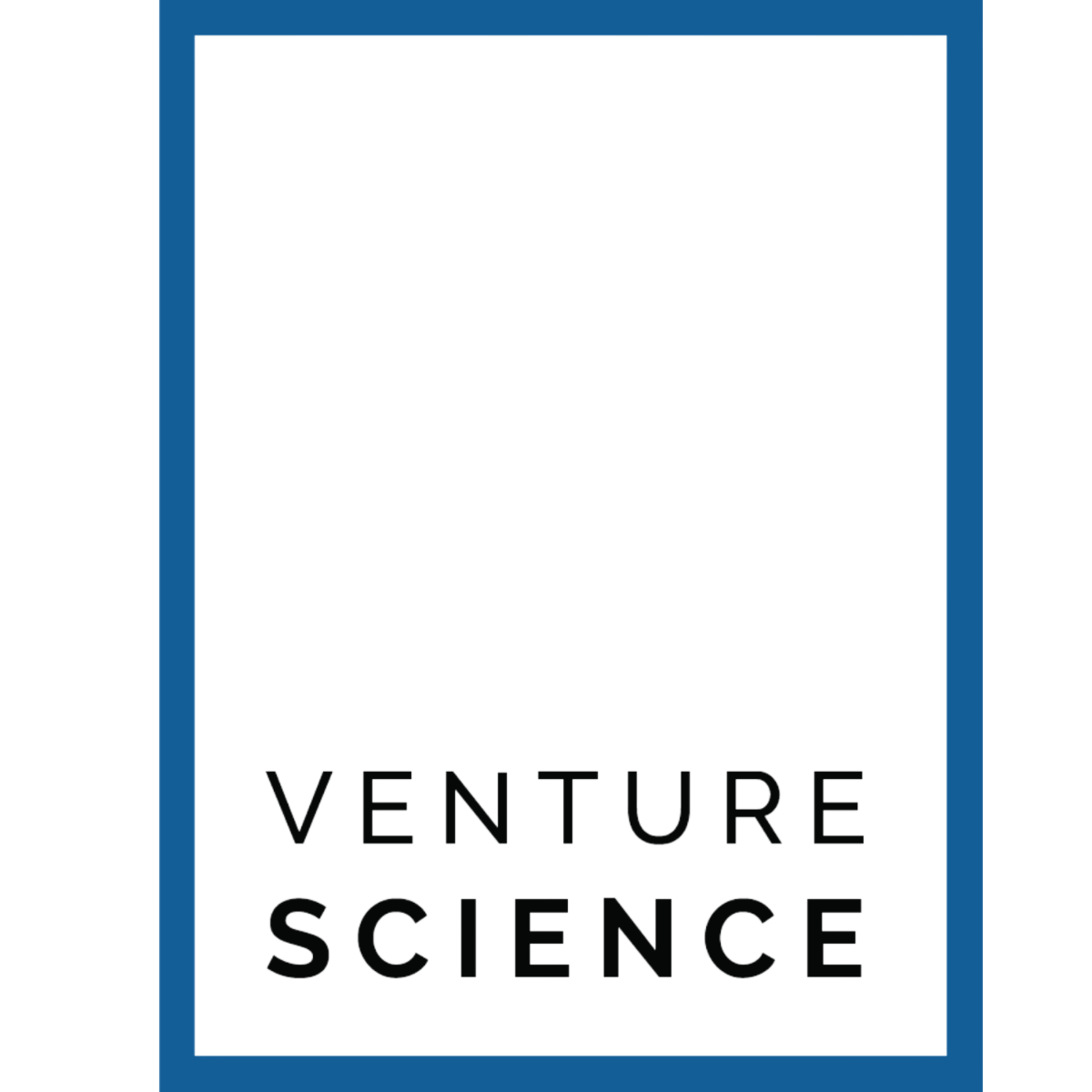The convergence of artificial intelligence (AI) and healthcare is not just a technological breakthrough—it’s a paradigm shift poised to redefine the entire industry. As traditional healthcare systems grapple with inefficiencies, rising costs, and a growing demand for personalized care, AI-centric healthcare companies are stepping in to deliver more precise, scalable, and impactful solutions. For investors in the alternatives (alts) space, the intersection of AI and healthcare offers a compelling opportunity to capture outsized returns while participating in transforming a critical sector.
Unlocking Value Through AI in Healthcare
AI’s potential to unlock value in healthcare is immense. From drug discovery and development to diagnostics and operational efficiencies, AI-centric companies are accelerating processes that traditionally took years to complete. For instance, the use of machine learning in drug development can reduce the time required to identify viable drug candidates, cutting costs and bringing new therapies to market faster. Similarly, AI-powered diagnostic tools are enabling earlier detection of diseases like cancer and neurological disorders, significantly improving patient outcomes. These advancements are creating a new wave of high-growth companies that are addressing some of healthcare’s most complex challenges.
Which Healthcare Subverticals Stand to Benefit?
Several healthcare subverticals are positioned to benefit significantly from AI integration, creating opportunities for investors:
1. Drug Discovery and Development: AI can streamline the drug development process by identifying promising compounds, predicting clinical outcomes, and optimizing clinical trials. This improvement reduces the time and cost required to bring new therapies to market, making AI-driven drug discovery a high-impact subvertical for both returns and innovation. Companies utilizing AI for these purposes are expected to play a crucial role in addressing previously unmet medical needs and accelerating the development of precision medicines.
2. Precision Medicine: AI can help create personalized treatment plans based on a patient’s unique genetic makeup by integrating multi-omic data- such as genomics, proteomics, and metabolomics. This approach increases treatment efficacy and minimizes side effects, offering a transformative impact on patient care. With the global precision medicine market expected to reach $157.26 billion by 2027, this subvertical is poised for rapid expansion.
3. Digital Health and Remote Monitoring: AI revolutionizes digital health by enabling remote monitoring, telehealth services, and virtual health assistants. Wearable devices equipped with AI can track patient vitals in real-time, allowing for proactive management of chronic conditions and reducing the need for hospital visits. The digital health market is forecasted to grow from $742.7 billion in 2022 to over $4.5 trillion by 2029, presenting a massive opportunity for growth and investment.
4. Medical Imaging and Diagnostics: AI tools enhance the accuracy and speed of medical image interpretation, allowing radiologists to detect diseases such as cancer at earlier stages. This subvertical is particularly attractive as it addresses a critical bottleneck in healthcare—the need for faster, more accurate diagnostic capabilities.
5. Operational Efficiency and Healthcare Supply Chain: AI can optimize hospital operations and supply chain logistics, reducing costs and improving the overall efficiency of healthcare delivery. These innovations, including scheduling optimization and automated drug manufacturing, are essential for creating a more responsive and cost-effective healthcare system.
6. Cybersecurity in Connected Devices: As healthcare systems become more connected through digital health platforms and AI-driven diagnostics, cyber-attack risks increase. AI is being used to develop robust cybersecurity protocols to safeguard patient data and ensure the safety of connected medical devices, making this a critical yet often overlooked subvertical.
Superior Growth Potential in the Alts Space
AI-centric healthcare companies have the potential to deliver significantly higher returns compared to other segments of the alts market. According to industry projections, the AI healthcare market is expected to grow at a compound annual growth rate (CAGR) of over 40% in the coming years, vastly outpacing other traditional investment areas. This rapid growth is fueled by the broad applicability of AI across these healthcare sub-verticals, from precision medicine to diagnostics and beyond.
For alternative investors, this means access to a range of high-quality opportunities that can offer growth and diversification. Unlike many traditional healthcare companies that are often slow to innovate, AI-centric healthcare firms tend to operate with an agile, tech-driven approach, making them better positioned to adapt to market changes and capitalize on new trends.
Managing Risks and Maximizing Upside
Of course, investing in AI-centric healthcare companies comes with its own set of risks. The sector is still evolving, and regulatory uncertainties or data privacy concerns could pose challenges. However, the right investment strategy—focusing on companies with strong management teams, robust data strategies, and clear commercialization pathways—can help mitigate these risks and maximize upside potential.
Seizing the Moment
The healthcare industry is at a tipping point, and AI is the catalyst that could propel it into a new era of innovation and efficiency. For investors in the alts space, this represents a unique opportunity to back companies that are not only poised for strong financial returns but also have the potential to make a meaningful impact on global health outcomes. By investing in AI-centric healthcare firms, investors can gain exposure to a high-growth, high-impact sector that stands to redefine the future of medicine.
For more information on investment opportunities in AI-centric life sciences companies, visit PRISM here.
Sources referenced in this article: Deloitte AI Dossier, The Future of Life Sciences by KPMG

